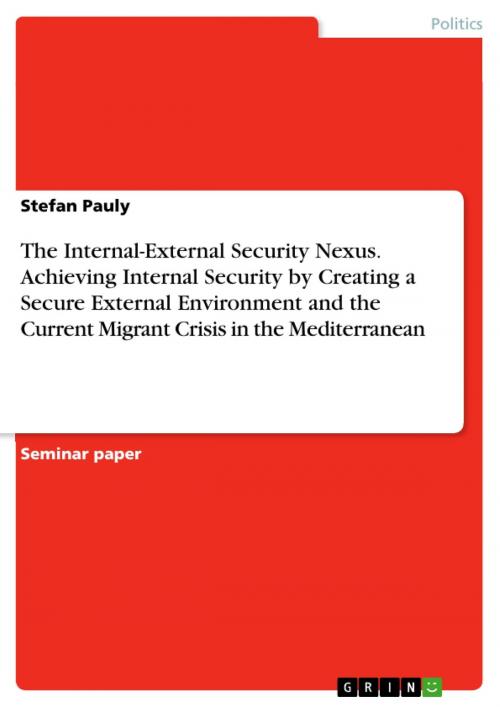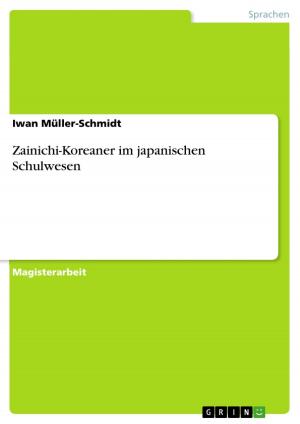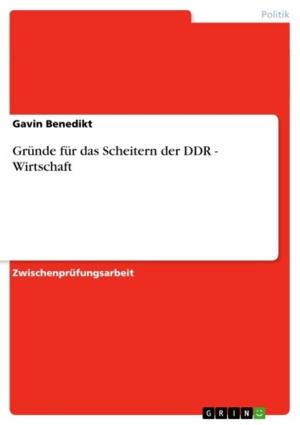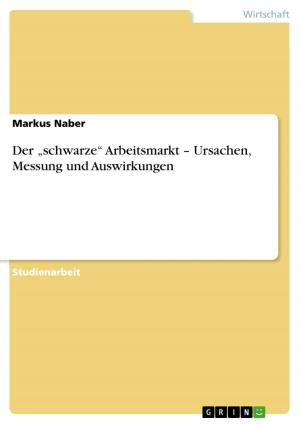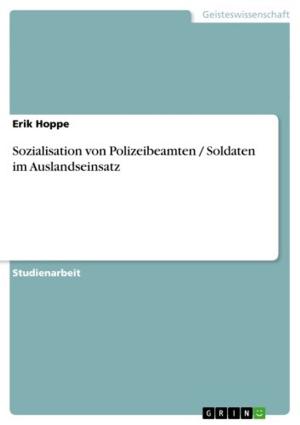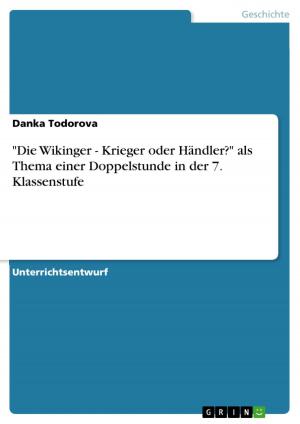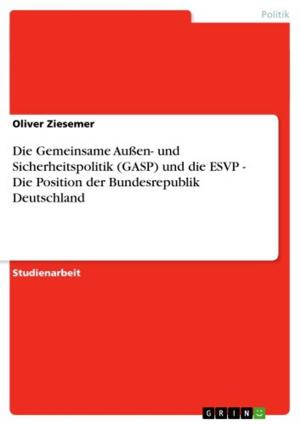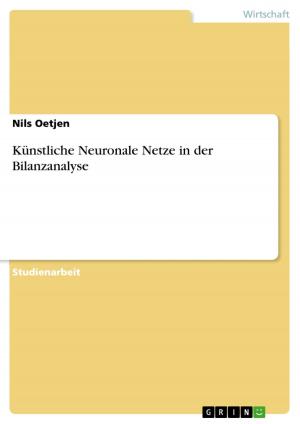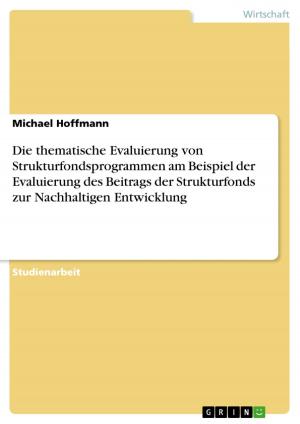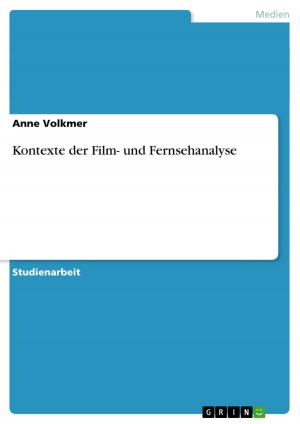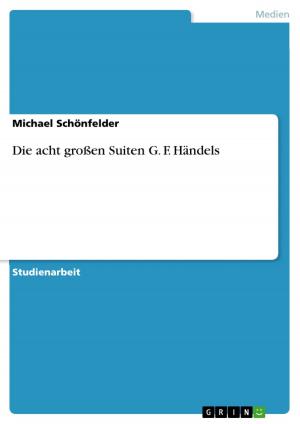The Internal-External Security Nexus. Achieving Internal Security by Creating a Secure External Environment and the Current Migrant Crisis in the Mediterranean
Nonfiction, Social & Cultural Studies, Political Science, International, International Security| Author: | Stefan Pauly | ISBN: | 9783668032781 |
| Publisher: | GRIN Verlag | Publication: | August 19, 2015 |
| Imprint: | GRIN Verlag | Language: | English |
| Author: | Stefan Pauly |
| ISBN: | 9783668032781 |
| Publisher: | GRIN Verlag |
| Publication: | August 19, 2015 |
| Imprint: | GRIN Verlag |
| Language: | English |
Seminar paper from the year 2015 in the subject Politics - International Politics - Topic: Peace and Conflict Studies, Security, grade: 1,7, Leiden University (Public Administration), language: English, abstract: The idea of an internal-external security nexus is holding greater sway in both politics and academia. The nexus describes the blurring of two formerly distinct security spheres: internal security (domestic affairs), the domain of police and law enforcement; and external security (foreign affairs), traditionally the domain of diplomats and the military. The internal-external security nexus is widely acknowledged in contemporary European Union (EU) documents, also in respect to the issue of migration. Central components of the EU's approach to the current influx of irregular migrants are to enhance the capacity of countries at the Union's periphery in order to prevent illegal migration movement early on, to fight migrant smuggling, and to rigorously return persons who do not qualify for international protection under the 1951 Geneva Convention. However, the EU is externally lacking partners while at the same time appearing to be internally in quarrel over how to respond.
Seminar paper from the year 2015 in the subject Politics - International Politics - Topic: Peace and Conflict Studies, Security, grade: 1,7, Leiden University (Public Administration), language: English, abstract: The idea of an internal-external security nexus is holding greater sway in both politics and academia. The nexus describes the blurring of two formerly distinct security spheres: internal security (domestic affairs), the domain of police and law enforcement; and external security (foreign affairs), traditionally the domain of diplomats and the military. The internal-external security nexus is widely acknowledged in contemporary European Union (EU) documents, also in respect to the issue of migration. Central components of the EU's approach to the current influx of irregular migrants are to enhance the capacity of countries at the Union's periphery in order to prevent illegal migration movement early on, to fight migrant smuggling, and to rigorously return persons who do not qualify for international protection under the 1951 Geneva Convention. However, the EU is externally lacking partners while at the same time appearing to be internally in quarrel over how to respond.
